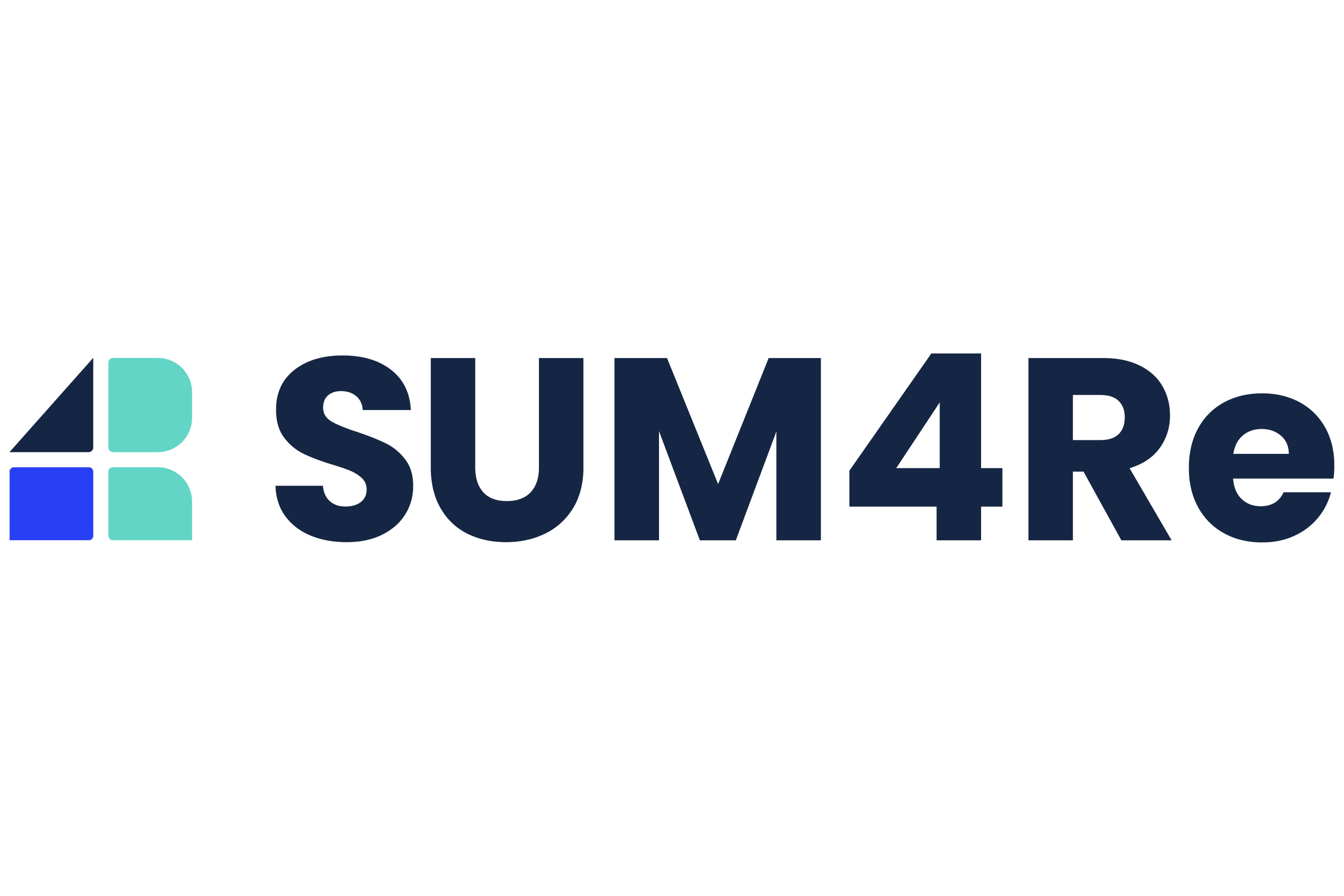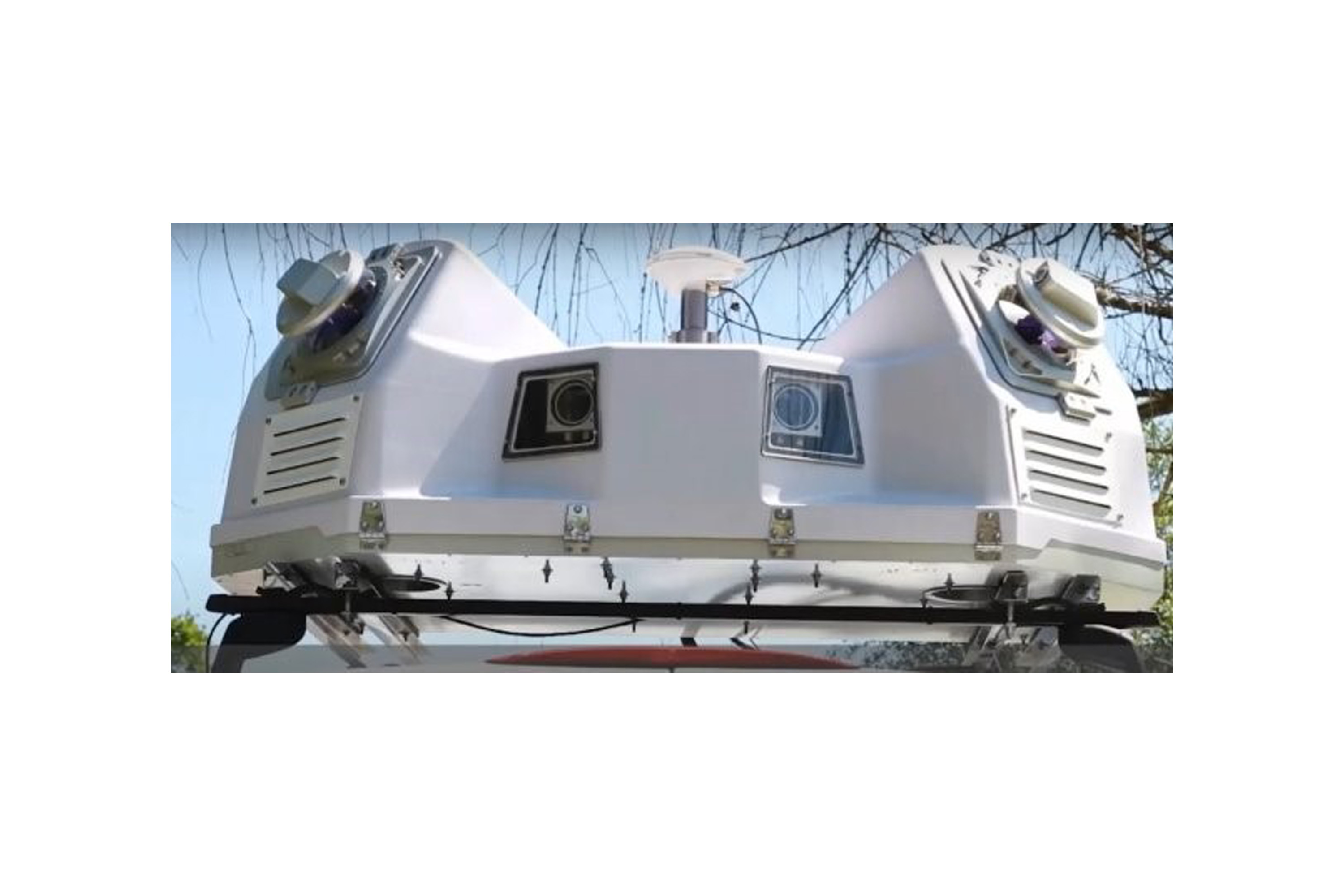Horizon Europe project SUM4Re
For the transformation to a sustainable built environment, in which the construction sector contributes to a carbon-neutral EU by 2050, circularity can be seen as one of the prerequisites and key solutions.
Centre of Expertise Mission Zero

For the transformation to a sustainable built environment, in which the construction sector contributes to a carbon-neutral EU by 2050, circularity can be seen as one of the prerequisites and key solutions. The use of new raw materials in the construction sector accounts for more than 40% of greenhouse gas emissions. On the other hand, the growing stream of construction and demolition waste represents, in terms of mass, the largest waste stream in the EU.
“Urban mining,” which involves recovering materials and elements from the existing built environment, can be used as an alternative to depleting natural resources and reducing the waste stream. Although the recovery rate of construction and demolition waste in the EU is high, the waste is mainly used in low-value applications. To overcome obstacles to high-value reuse, reliable data on materials and elements from the existing built environment are needed.
The SUM4Re project aims at an integrated approach to create “material banks” of the built environment by combining urban mining and automated data acquisition and modeling technologies. It proposes a paradigm shift from conventional BIM to an open, circular-led BIM to support new business models for secondary materials to achieve circularity.
Goal of the project
- Developing a traceability system for tracking construction materials and components throughout their life cycle;
- Developing a holistic methodological framework to 1) assess the real potential for circular use of construction products and 2) identify solutions that overcome barriers to circular use of construction products;
- Developing smart digital solutions (“on-site” and “off-site”) to quickly identify building units (including complex or hidden elements) with the added ability to analyze their properties and characteristics;
- Developing a cost-effective data collection and sharing methodology aligned with open standards and data platforms for “smart data” in circular construction;
- Facilitate the circular use of building components by preserving the maximum value of the built environment, taking into account relevant actors and processes in the value chain.
Final product/intended results
- Faster and less labor-intensive identification, analysis and digitization of materials and products from existing construction works;
- Increase in the supply of secondary materials and construction products for reuse, thereby reducing the resource and energy intensity of the construction sector;
- Reduction of construction and demolition waste;
- Improved facilities for reuse and repair of construction products;
- Improvement in labor productivity as a result of using the developed solutions.
Project leader
Eng. Helen van Broekhuijsen
Researchers involved
- Professor Dr. Rizal Sebastian
- Mario Villalba Ferreira MSc
- Danielle Strydom MSc
- Melanie Kwaks MSc
- Helen van Broekhuijsen MSc
Project start and end date
June 1, 2024 until November 30, 2027
Programmes and/or minors involved
Research Group Future Urban Systems
Center of Expertise Mission Zero
Faculty of Technology, Innovation and Society
Cluster Built Environment: courses in Architecture, Civil Engineering and Spatial Development
Funding
Horizon Europe
Partners
17 partners from 9 different countries. Seven SMEs (Estudios Rafer, Concular, Olar Solutions, R2M Solution, Blockmaterials, Screening Eagle and Gscan), two large construction/dismantling companies (Moyua and Af Gruppen Norge), three research institutes (Technalia, Sintef and VTT), two academic institutions (Univesidad de Vigo and The Hague University of Applied Sciences), two public institutions (the municipality The Hague and Store Norske Boliger) and one non-profit organization (European Builders Confederation).
More information
Read more on sum4re.eu
